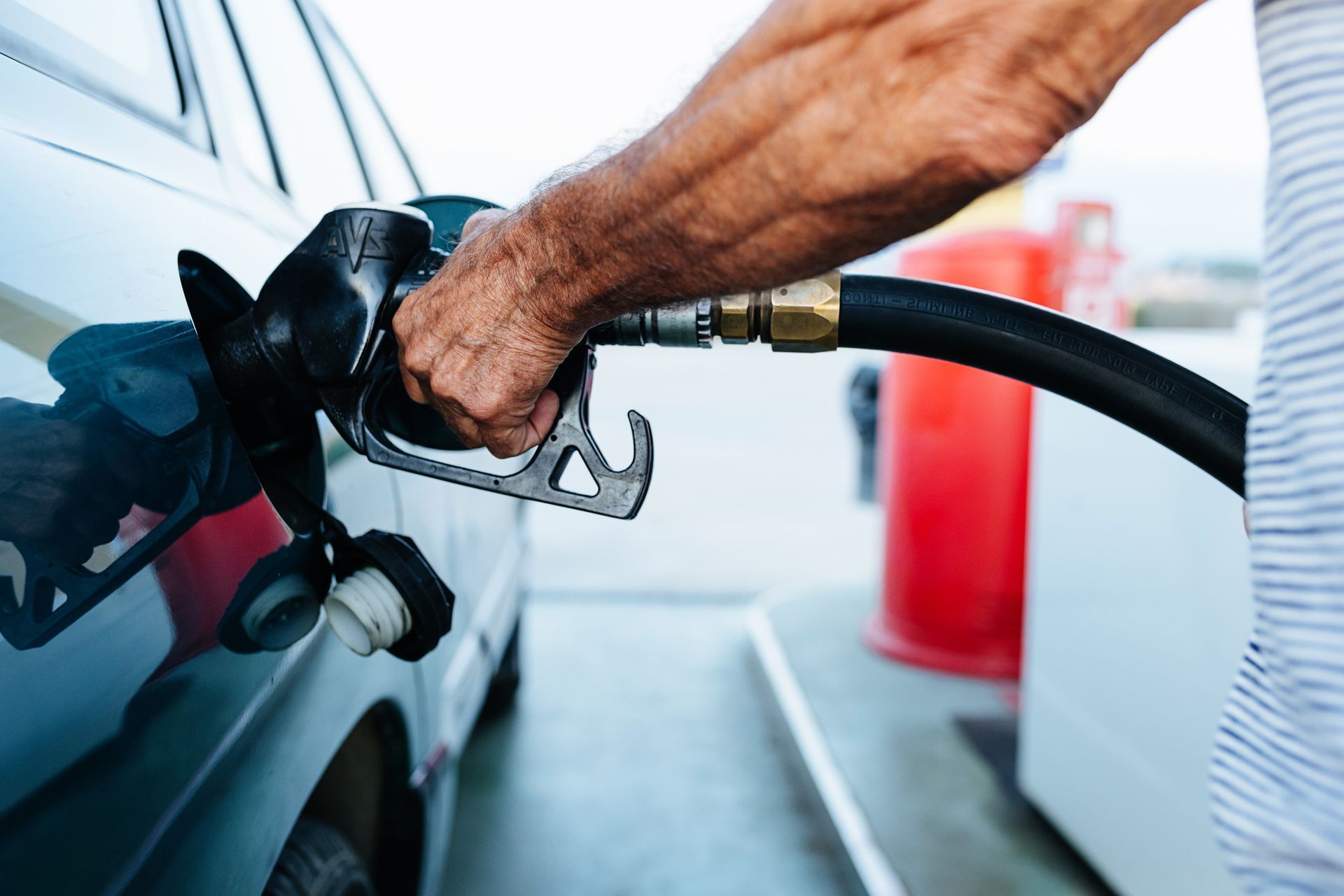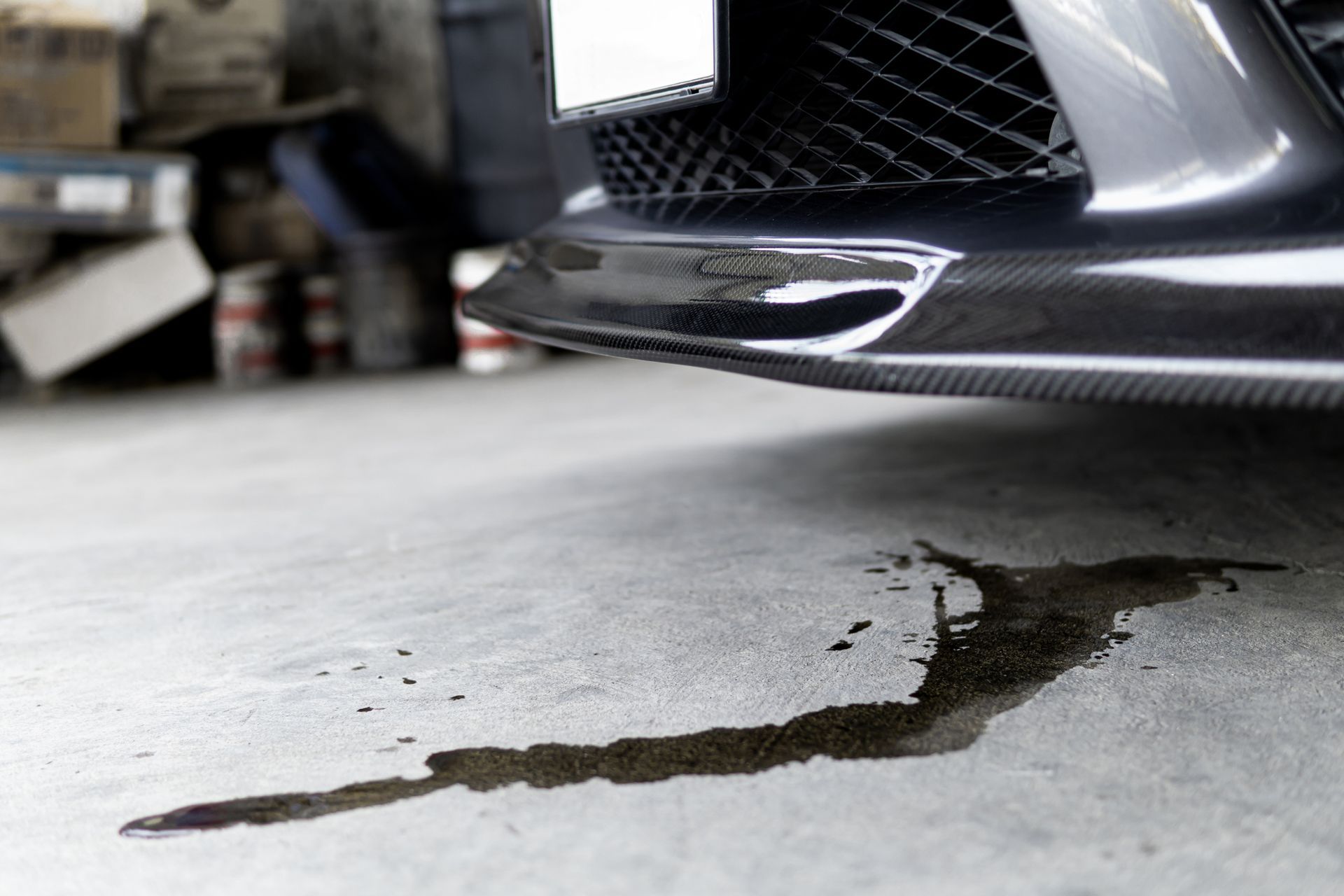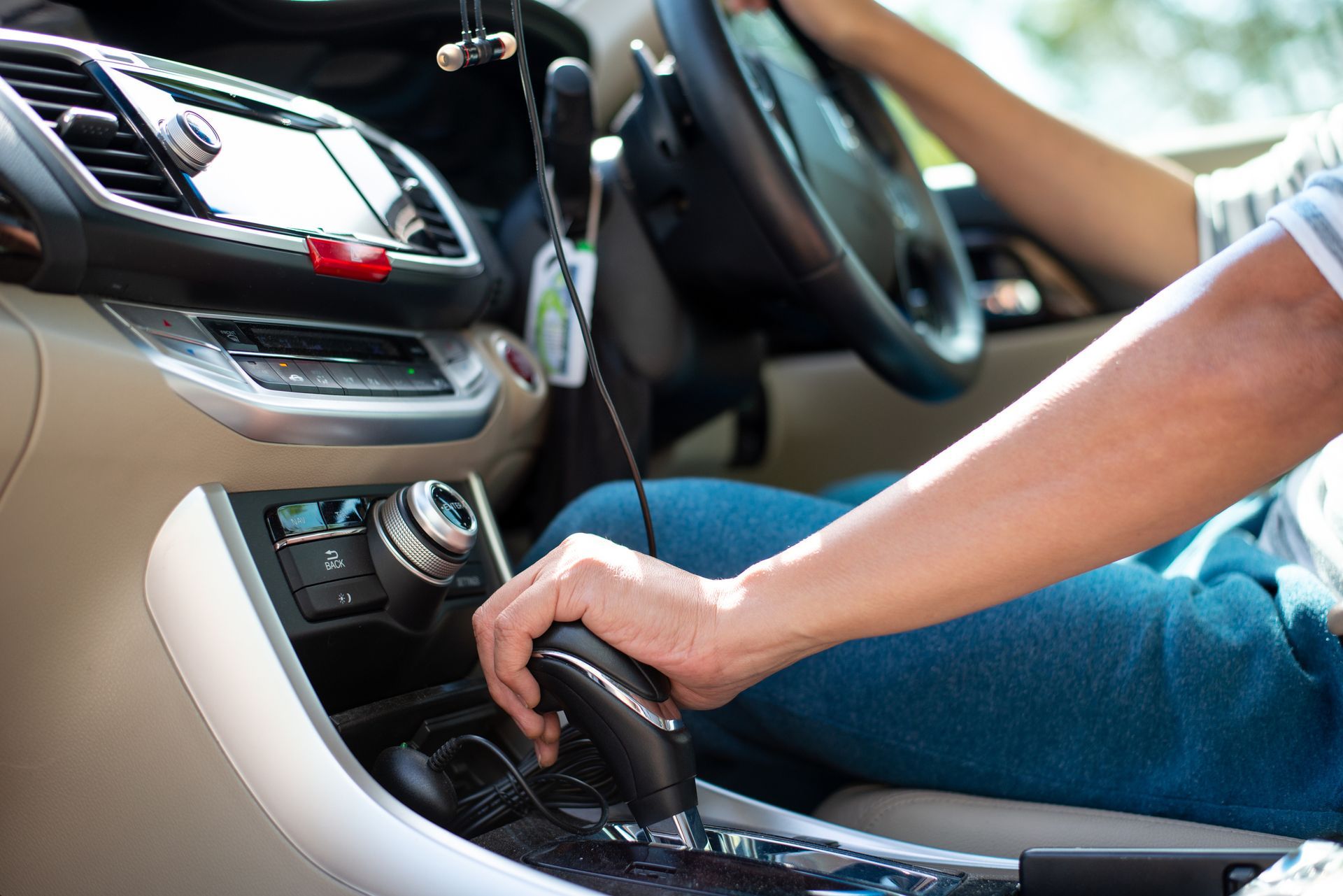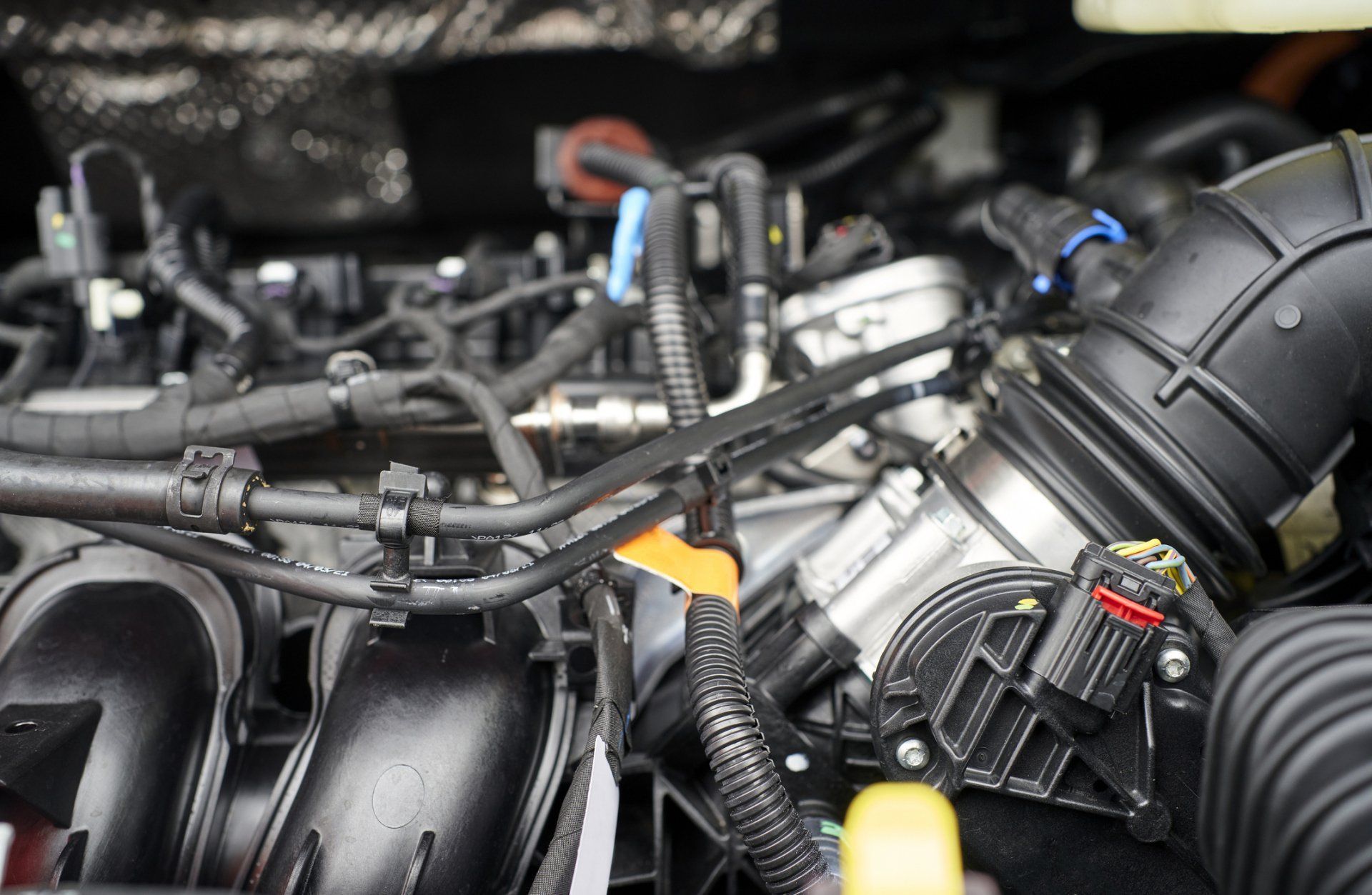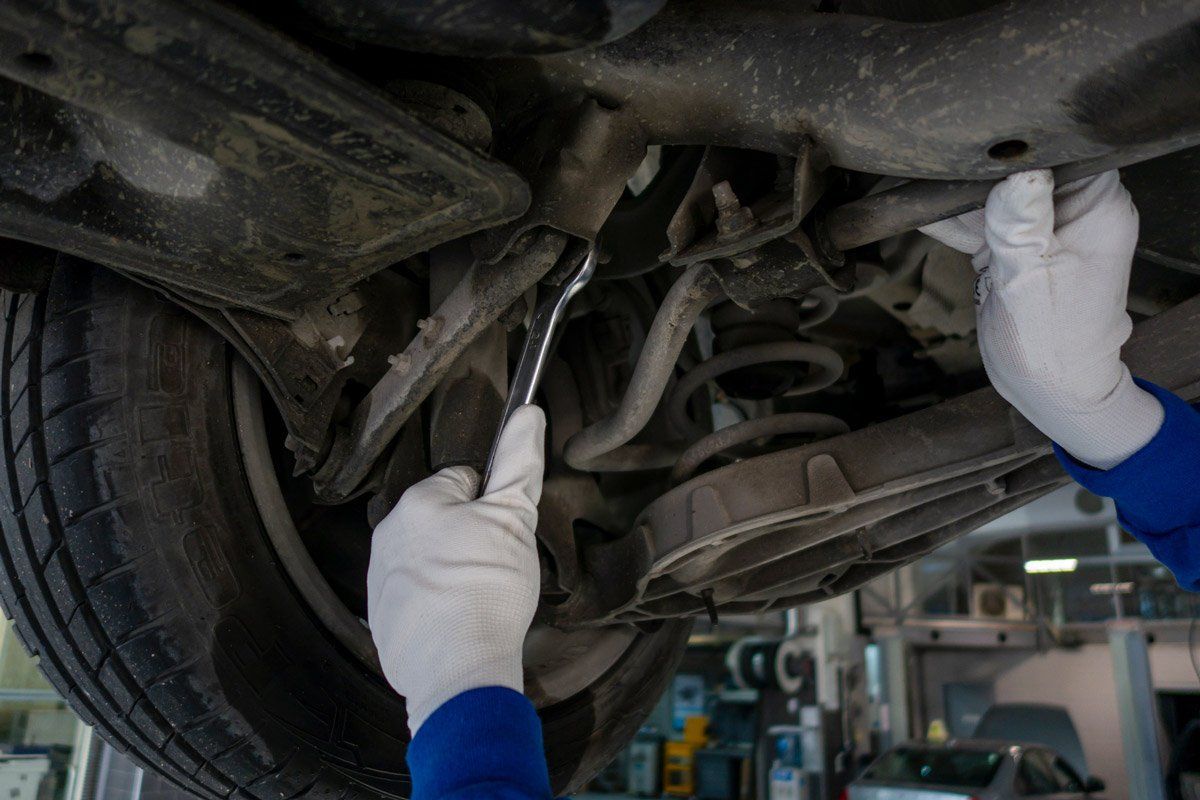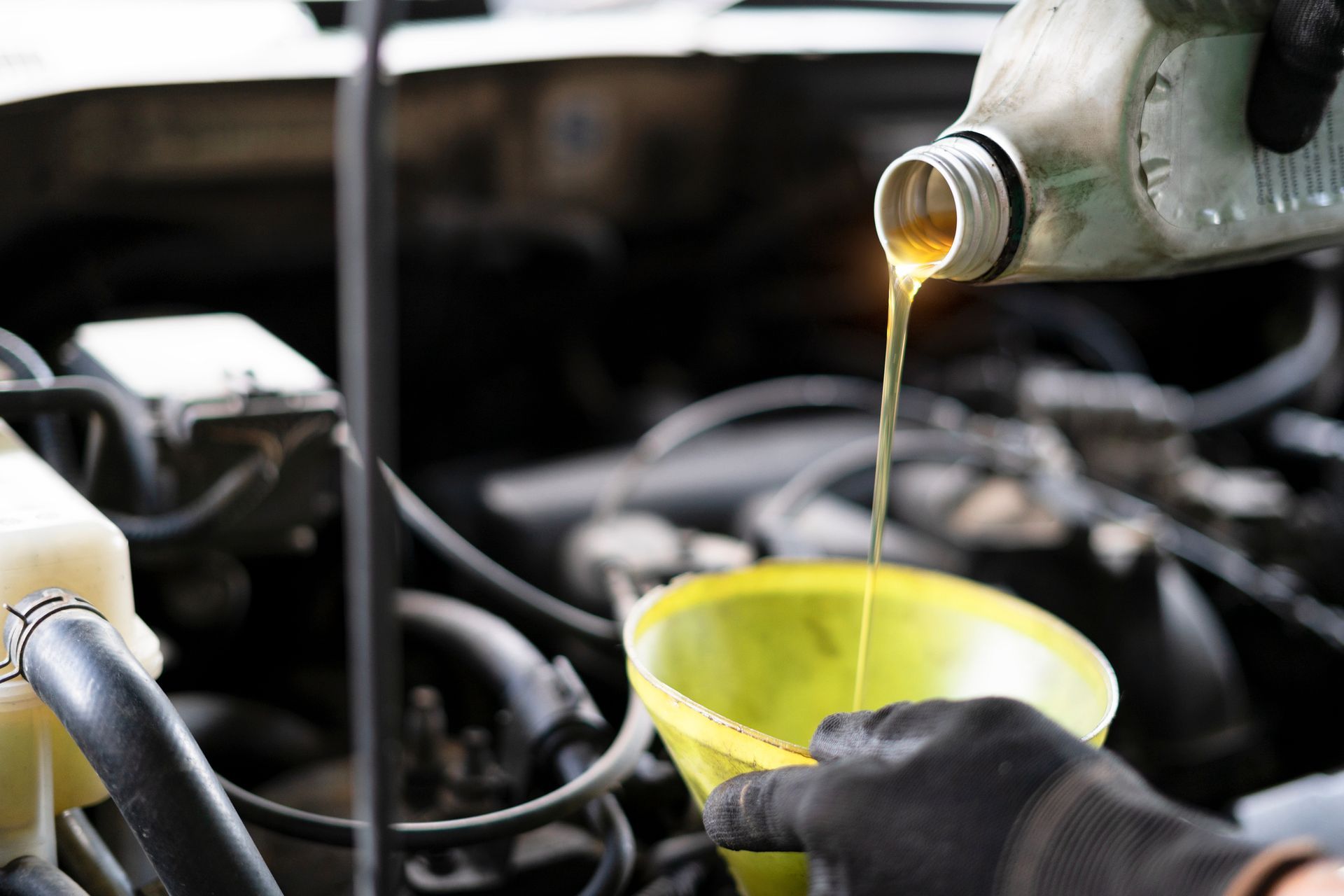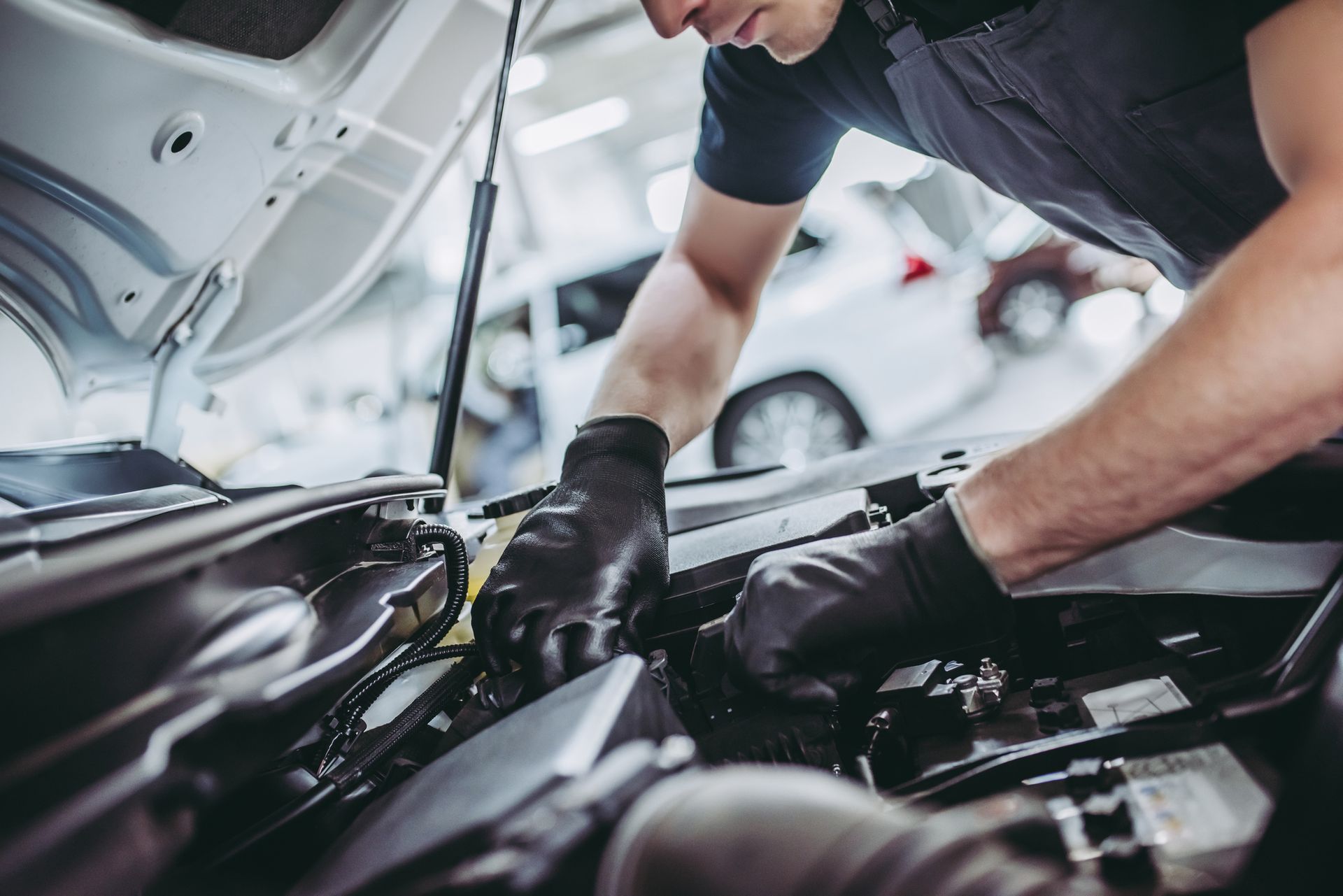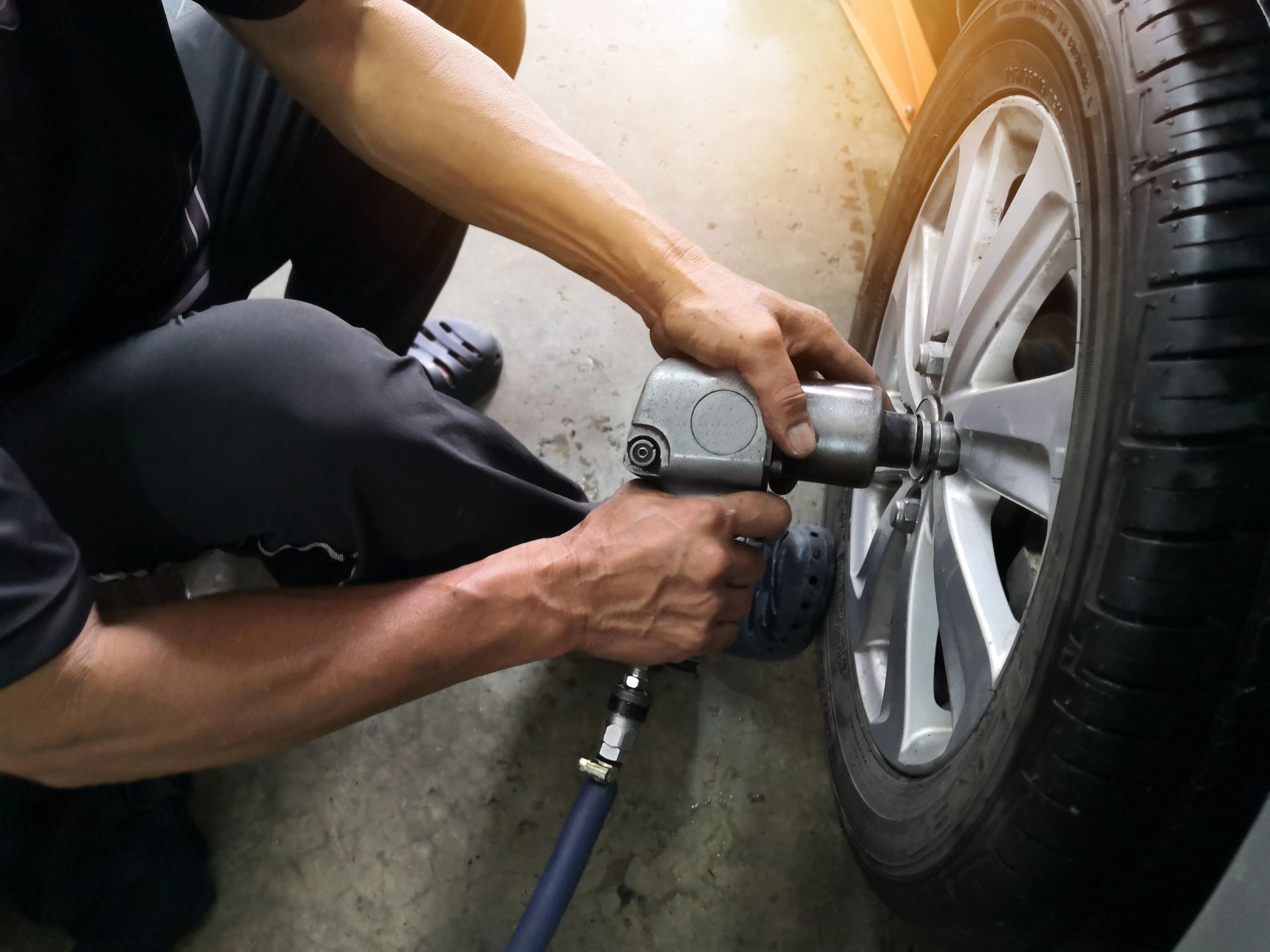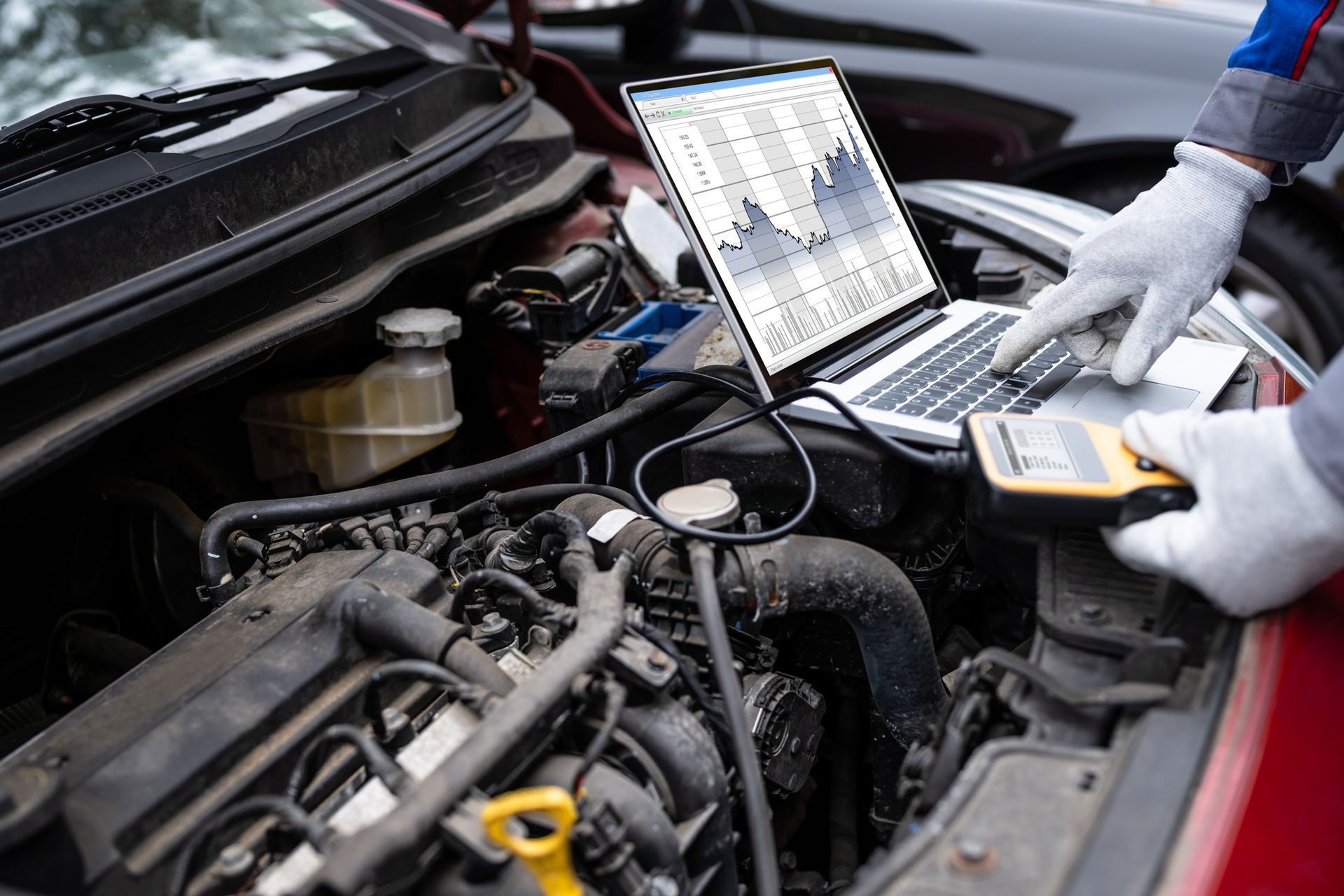3 Cooling System Problems That Can Hurt Your Engine
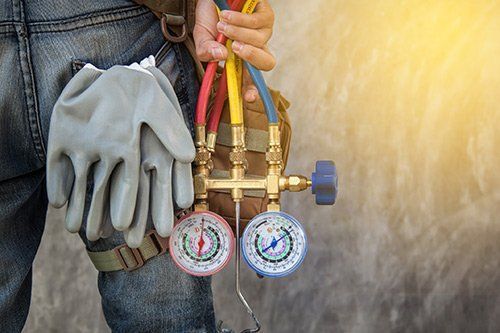
Most people recognize the central role that their car's engine plays. As a result, they take care to keep their engine tuned-up and stocked with fresh oil. Yet many people overlook other key factors in the health of an engine. For example, a surprising number of engine ailments stem from problems with a car's cooling system.
A cooling system that fails to work properly will lead to engine overheating. Overheating, in turn, can cause all sorts of expensive problems, from cracked head gaskets, to damaged pistons. If you would like to learn more about how to protect your engine from damage, read on. This article will discuss three cooling system problems to be aware of.
1. Faulty Water Pump
The water pump acts as the heart of a cooling system. The water pump regulates the flow of coolant from the radiator to the engine and back. This circulation allows the coolant to absorb engine heat and deliver it back to the radiator, where that heat can be safely displaced.
Water pumps operate by means of a pulley and belt system. So problems often stem from a broken belt or incorrect belt tensioning. The belt system drives a bearing assembly at the center of the pump. Over time, the pump shaft and/or the bearings may fail, preventing the pump from spinning. This generally necessitates that the pump be replaced entirely.
If a water pump ceases to function, coolant will no longer flow through the system. As a result, engine temperatures will rise. Overheating, is perhaps the most drastic symptom of a bad water pump. Secondary symptoms include coolant leaks around the pump's mounting surface and rust on the outside of the pump.
2. Clogged Radiator
A bad pump isn't the only problem that can cause coolant to stop flowing through your system. Internal radiator clogs may also lead to this problem. Such clogs generally stem from excessively old coolant. The older coolant gets, the more debris and sediment it picks up. These kinds of contaminants physically block small passageways inside of the radiator.
These contaminants may also lead to the formation of rust and corrosion, which can also clog up a radiator. Fortunately, this problem can generally be solved by having a professional flush out your radiator. If the corrosion has advanced too far, however, you may need to replace the radiator altogether.
Clogs don't only affect the inside of a radiator; they can also obstruct the fins on the outside. This kind of clog will restrict airflow and make it harder for the radiator to vent its heat.
A dirty radiator often leads to overheating. So you need to wash any dirt and debris from the outside of the radiator to resolve any overheating issues and to prevent any more issues in the future.
3. Bad Radiator Fan
Once upon a time, all radiators worked passively. In other words, they released the heat of coolant through their exterior fins alone. Most cars today also utilize a component known as a radiator fan. This fan acts to circulate air around the fins on the outside of a radiator, thus encouraging a more effective cooling process.
A non-functional radiator fan often leads to overheating, since the coolant will not be able to get rid of its heat quickly enough. As a result, overheating may soon follow. A number of issues may cause a radiator fan to stop working, including any of the following:
- Blown fuse
- Bad wiring
- Faulty temperature sensor
- Burned out fan clutch
If you suspect that something has gone wrong with your radiator fan — or any part of your cooling system — you must seek professional assistance at once.
For more information about your radiator or any part of your cooling system, please contact our automotive repair experts at Letcher Bros. Auto Repair.
